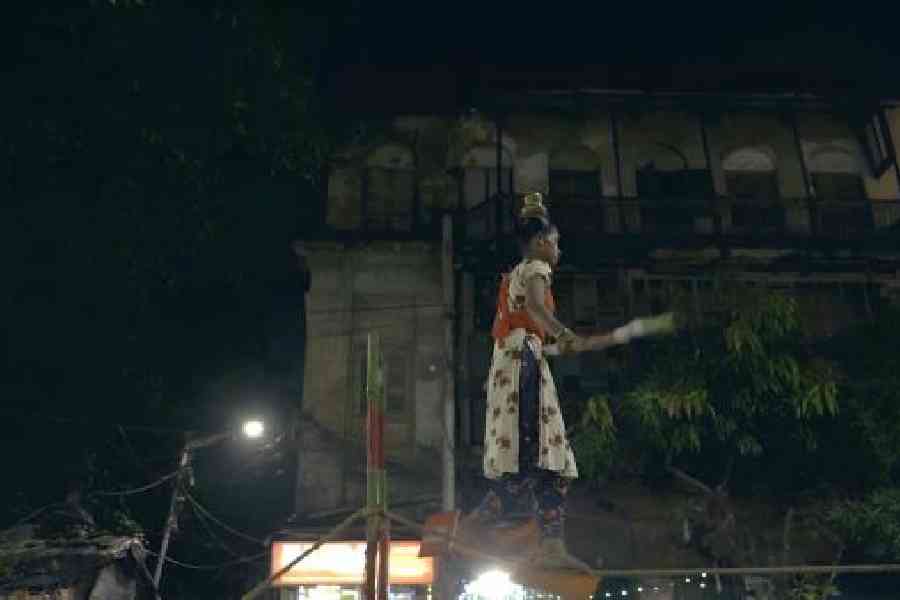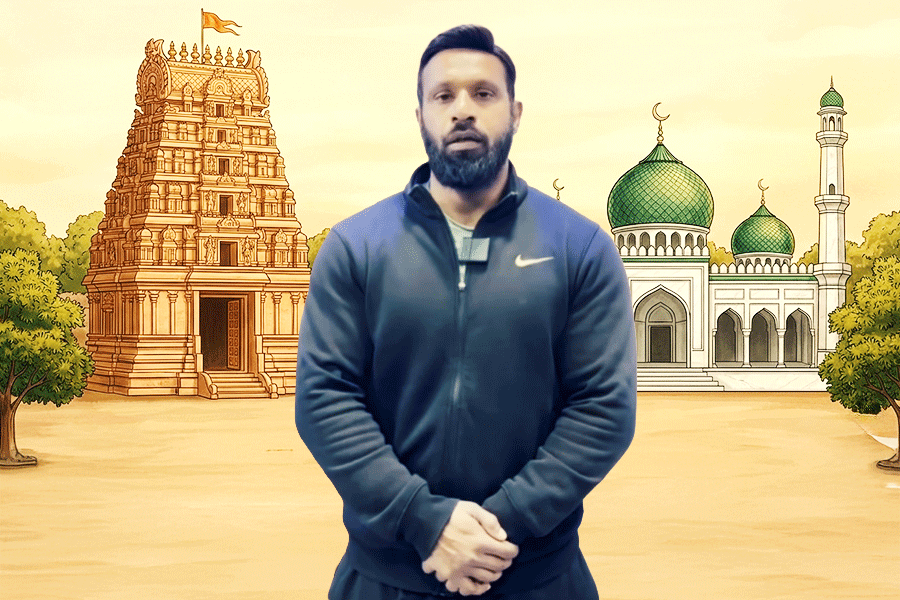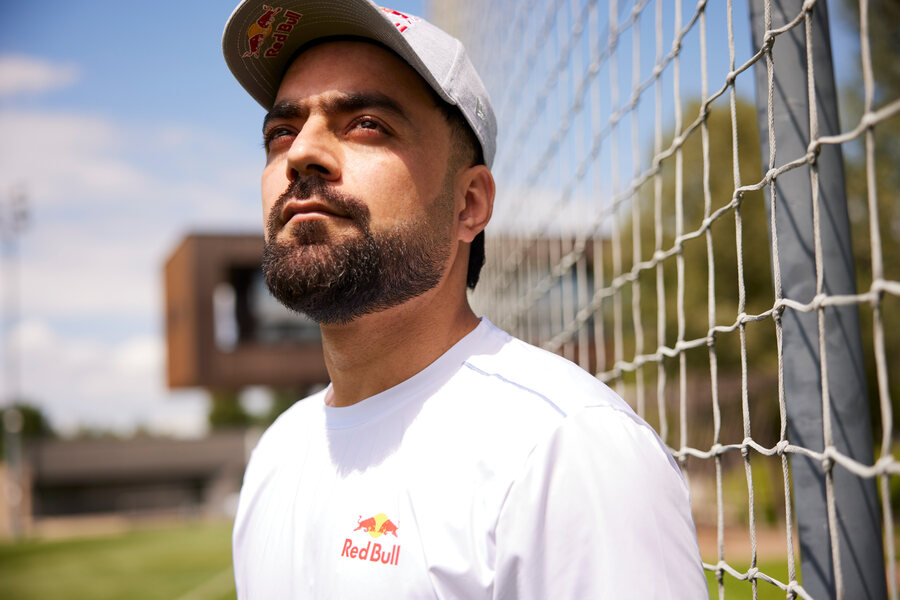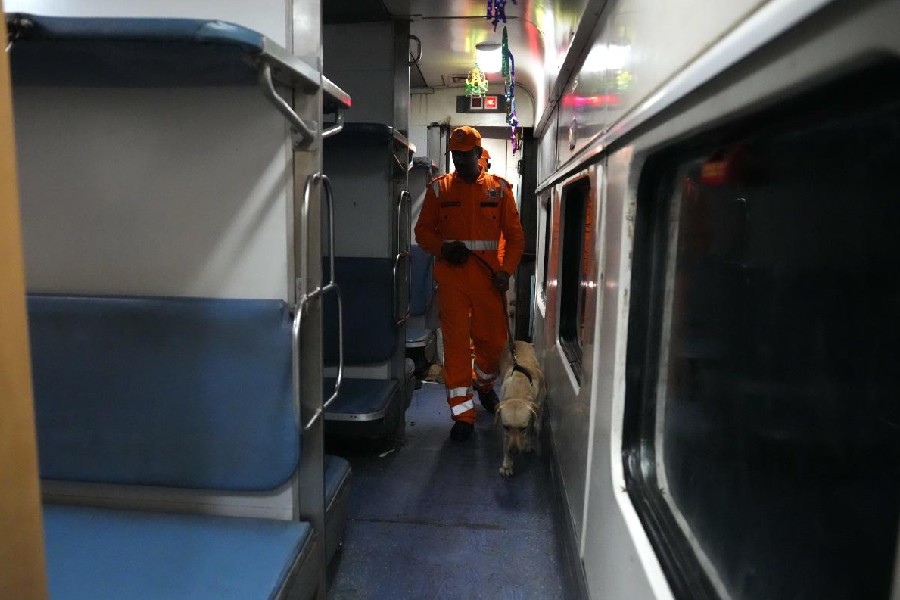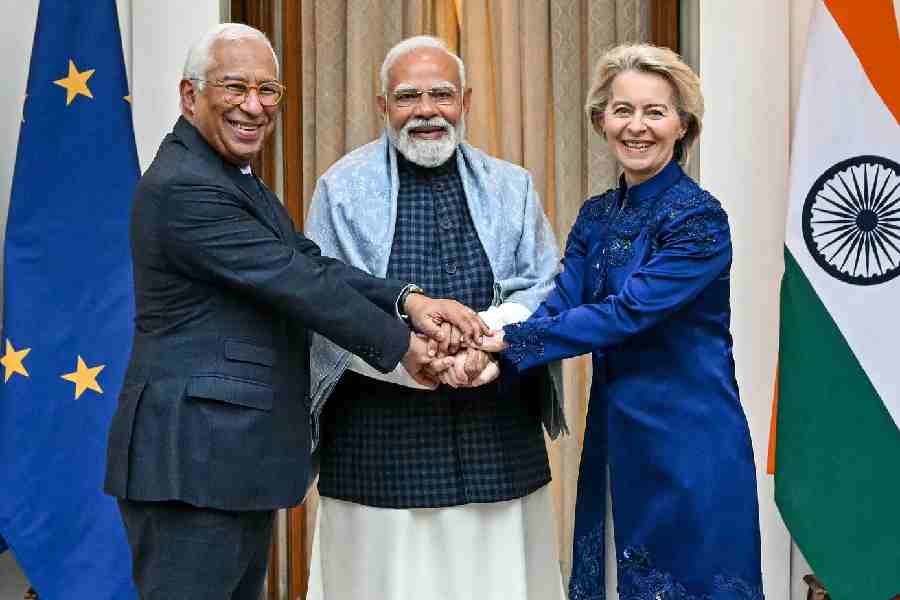As Thrissur prepares to host its much-anticipated International Film Festival, a new wave of thought-provoking cinema is poised to take centre stage. Among the carefully curated films from around the world stands The Place, the latest documentary by filmmaker Aneek Chaudhuri. Known for his bold and poetic explorations of human behaviour and societal structures, Chaudhuri brings to Thrissur a deeply reflective piece of work that examines the challenges faced by women in workplaces across India. The Place premieres in India for the first time at the 20th International Film Festival of Thrissur on October 25.
The Cultural Pulse
Thrissur holds a rhythm of its own — a seamless blend of tradition, intellect, and progressive spirit. “Its festivals, architecture, and art practices have shaped it into a city that celebrates the creative voice. To premiere a documentary like The Place here seems both symbolic and fitting. This city has historically nurtured a culture of conversation — one that values debate, empathy, and reform,” said the director.
For Chaudhuri, Thrissur is not just another festival destination; it feels like a homecoming of sorts. “Kerala has always held a very special place in my filmmaking journey,” he says. “When I came here for the post-production of The Zebras, I was exposed to an environment of discipline and artistic sincerity that changed the way I looked at cinema. To bring The Place back here for its premiere feels like a natural continuation of that journey.”
A Return to Kerala
The director’s earlier feature, The Zebras, found a quiet but crucial phase of its life in Kerala. The sound and post-production processes took shape amidst the calm of Kochi and Thrissur — away from the noise of metropolitan distractions.
“It was during my time in Kerala that I realised how meditative filmmaking can be,” recalls Chaudhuri. “The technicians I worked with were not just skilled; they were deeply invested in the craft. The environment itself — the backwaters, the slow rhythm of the days — helped me develop patience and precision. That experience stayed with me and was reflected in The Place in many ways.”
That earlier encounter with the creative landscape of Kerala seems to have strengthened his connection with the region, making Thrissur an ideal venue for the premiere of a film rooted in humanism and reflection.
A personal diary of collective voices
The Place is a documentary that explores the experiences of women navigating professional spaces — from corporate offices to grassroots organisations. The documentary engages with questions of safety, dignity, and the nuanced struggles that continue to shape the modern workplace.
Instead of focusing on any overt ideological statement, Chaudhuri employs a gentle observational lens — blending interviews, lived experiences, and poetic imagery. The result is a documentary that feels less like reportage and more like a personal diary of collective voices.
The film features interviews with theatre practitioner Srabanti Bhattacharya and Uddalak, whose insights lend the film its depth and urgency. “Through their perspectives, The Place dissects not only the structural limitations of gender equality but also the emotional toll of silence, expectation, and resilience,” said Chaudhuri.
The cinematography, shared between Chaudhuri and Samudraneel Guha, captures an interplay of texture and tone — using natural light and intimate framing to create a sense of closeness with the subjects. “Samudraneel has an instinctive sense of empathy with the camera. His visuals do not intrude; they breathe with the people on screen,” noted Chaudhuri.
The Place searches for subtler expressions, and these moments, understated yet powerful, become the emotional pulse. Chaudhuri’s films have often been about psychological terrains — the inner spaces where ideas of power, morality, and emotion intersect. Here too, he resists conventional documentary rhythm and allows pauses, silences, and gestures to do the talking. “Silence has always fascinated me,” he says. “It can be both a symptom of oppression and a source of strength. The Place tries to locate that balance — where silence can turn into speech.”
A Growing Global Collaboration
The project also marks an important international collaboration for Chaudhuri. Following the Cannes trailer launch of his upcoming film A White Horse’s Neigh, he found a creative partner in Paola Pagliuca. The meeting at Cannes not only led to new conversations about global storytelling but also to a co-production partnership on The Place.
“Paola’s involvement as a co-producer brings a fresh sensibility to the production. Her background in European independent cinema aligns seamlessly with my own ethos — introspective, minimal, and rooted in humanity. Paola saw The Place not as an Indian issue, but as a universal reflection on womanhood. That was the moment I knew we could collaborate.”
Together, Chaudhuri and Pagliuca envision the film as a bridge between cultures — one that articulates personal experiences within global frameworks of gender and identity.
Expectations from the Festival
The International Film Festival of Thrissur, known for its discerning audiences and its commitment to socially conscious cinema, provides the perfect launchpad for The Place. Chaudhuri hopes the screening will foster conversations that go beyond the film’s runtime.
“I don’t expect applause,” he says, with characteristic calm. “What I hope for is introspection. If someone walks out of the theatre thinking about a woman they know — a colleague, a teacher, a friend — and re-evaluates how they perceive her struggles, then The Place has served its purpose.”
He adds that the documentary is not an easy watch, nor is it meant to be comforting. Its rhythm mirrors the discomfort of its subject matter — shifting between quiet empathy and unsettling realism. Yet, he trusts the Kerala audience’s maturity to engage with that discomfort constructively.
Looking Ahead
Chaudhuri’s next feature, A White Horse’s Neigh, has already created ripples on the international circuit. Its trailer launch at the Cannes Film Festival earlier this year drew strong reactions for its visual ambition and mythological abstraction.
The film, which deals with themes of love, time, and existential search, has attracted attention from global distributors and critics alike. The collaboration with Paola Pagliuca began around the time of the trailer launch, and the success of that partnership has organically flowed into The Place.
“I see all my films as interconnected,” says Chaudhuri. “Each one grows out of the previous — emotionally, stylistically, and philosophically. The Zebras taught me structure, A White Horse’s Neigh taught me abstraction, and The Place taught me empathy. They are parts of the same cinematic continuum.”
The Journey of a Filmmaker
From Jharokh and White to The Zebras and now The Place, Aneek Chaudhuri’s cinema has steadily carved its niche in contemporary arthouse storytelling. His narratives resist categorisation — often blending fiction, poetry, and documentation into a single fluid experience.
His films have travelled across continents, but his core remains distinctly Indian — rooted in the psychological and moral intricacies of everyday existence. “I have never believed in films as solutions,” Chaudhuri remarks thoughtfully. “They are not supposed to answer questions but to keep the questions alive. The Place was born out of conversations with women who never saw themselves as victims, yet carried invisible scars. This film is my attempt to listen to them — not to rescue, but to understand.”
This premiere is more than a screening. It is a dialogue between filmmaker and audience, between silence and speech, between empathy and awareness. And in the heart of Kerala, where art often transcends entertainment to become a shared reflection of life itself, The Place is set to find not just viewers, but voices.

